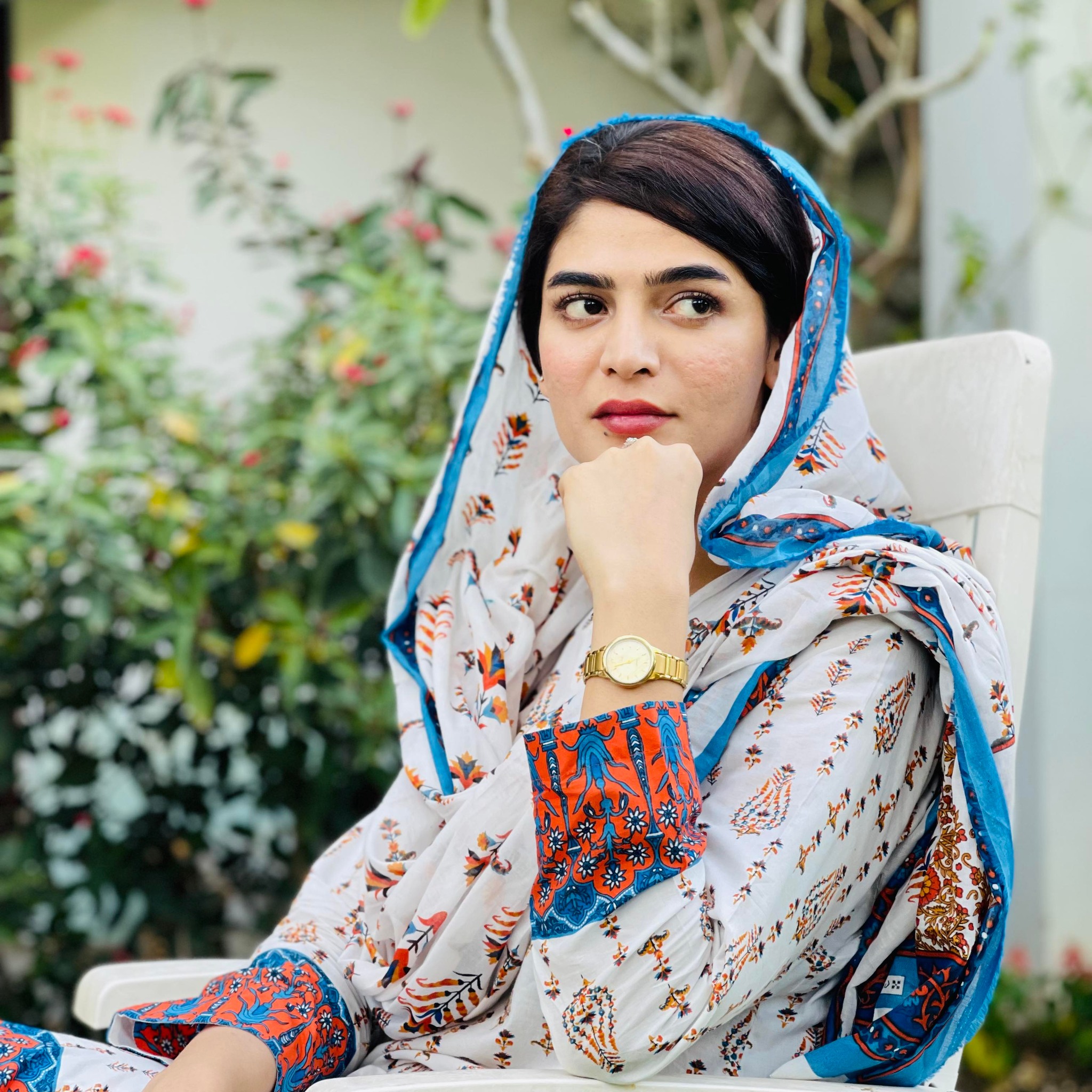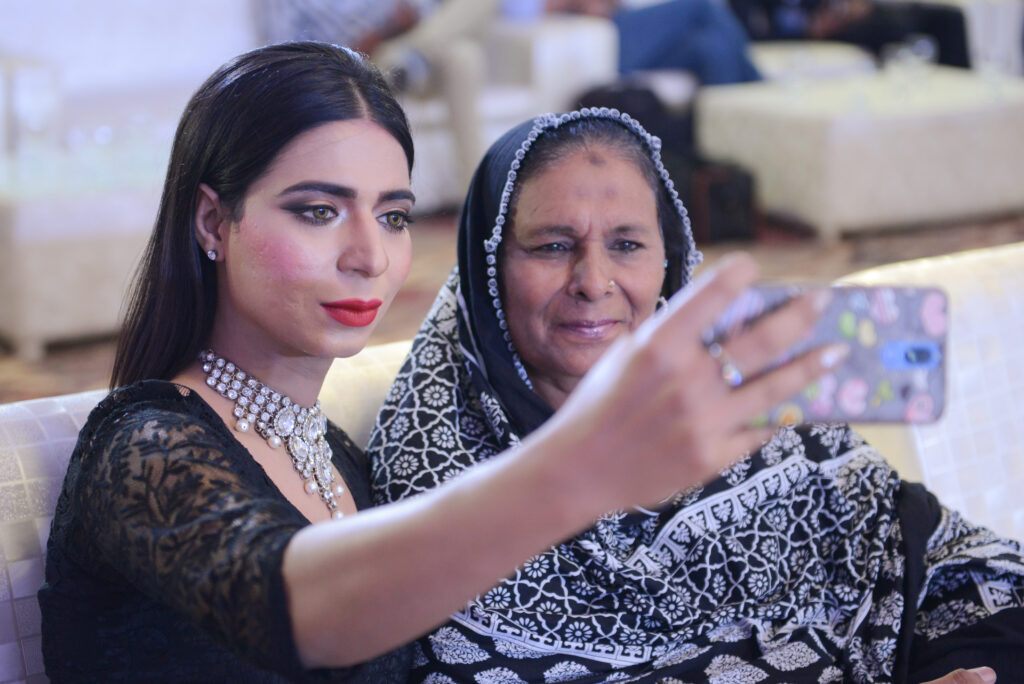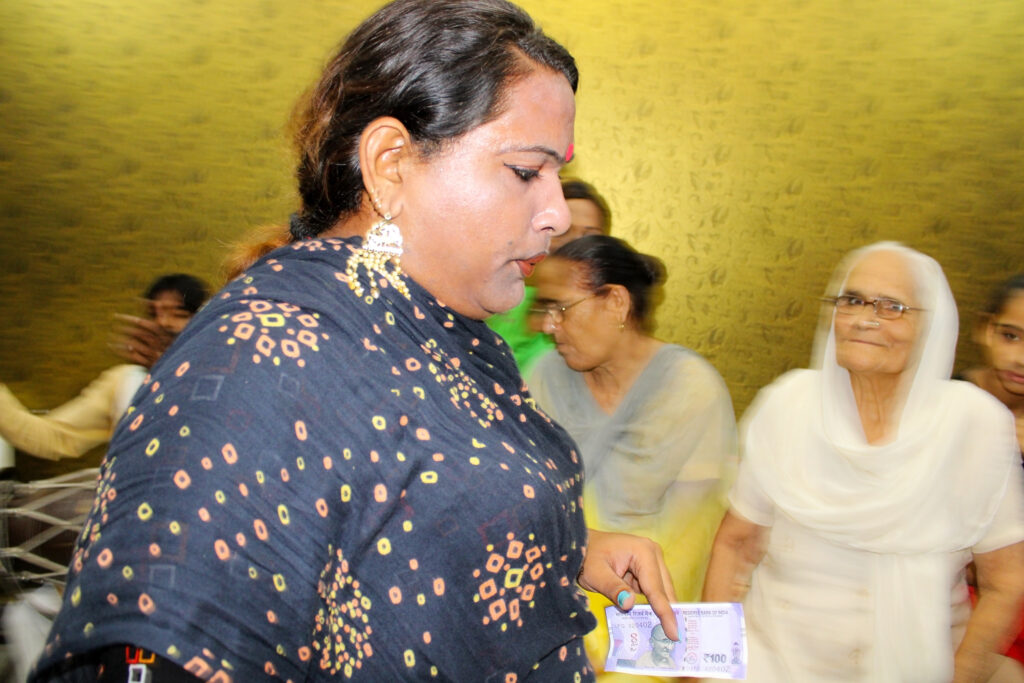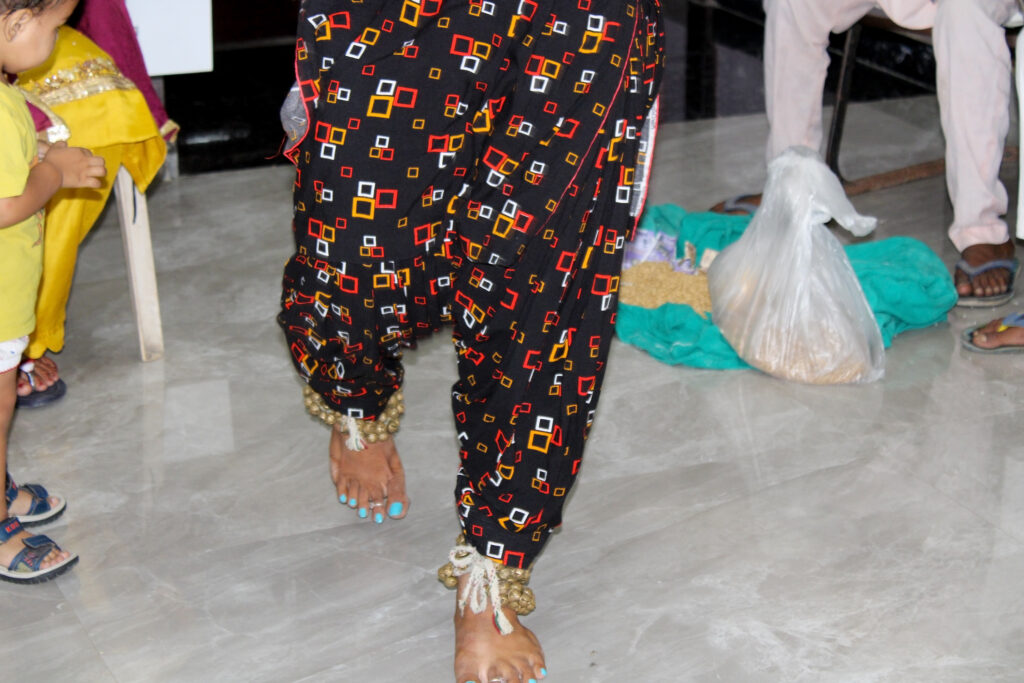Forging Ahead: The Pakistani Khwaja Siras Community and Journey of Acceptance
Pakistani society is learning to accept its third gender – should the world follow suit?
Oppression can often stem from a rejection or clash in values. A fundamental disagreement or lack of cohesion can become a backbone for oppression and is often used to justify abuse. But once a society learns to reverse oppression and gravitate towards acceptance, hidden communities come to light and showcase the beauty of their values.
Enter the Khwaja Sira community.
As far as gender identity is concerned, for the longest time, the conversation in Pakistan has been around two genders – the male and the female gender. This comes from a western understanding of gender and sexuality, which does not fully highlight the struggle of the Khwaja Sira community. Becoming part of the Khwaja Sira involves the severing of ties with your birth family and deciding to live in a separate social body – it’s normally based on non-blood relations and kinship.
The Khwaja Siras is a community whose rights and gender identity have become a much-debated public issue in Pakistan, however, the community was legally recognised as “the third gender” through a Supreme Court ruling in Pakistan in 2012. Armed with this, they were given the right to vote and identify their gender on their National Identity Cards which was a huge step in shaping who they are. Globally, Pakistan is one of 12 countries in the world that recognises transgender identity – a huge step for equality.
Shahzadi Rai is a Pakistan/Karachi-based LGBTQI+ advocate. After years of struggles, she decided to start her own organisation called PECHRA working to end discrimination and violence against transgender women in Pakistan. We asked her about the Khwaja Siras community, of which she is a part of, and she said:


“Khwaja Siras culture is a shelter for transgender women in Pakistan. When one leaves home, family, and relations, a replacement is required as a necessity for one’s own existence. In Pakistan, I believe 98% of transgender women eventually end up adopting the Khwaja Siras culture, and only 2% remain independent. There are a lot of benefits to joining the Khwaja Siras culture but also there are a few drawbacks. When I joined the Khwaja Siras culture, I didn’t know there could have been any other way of survival for a transgender woman like me.”
Under the term ‘LBTQIA+’, Khwaja Siras are found under the umbrella of the “T” or transgender. However, historically (and from within the indigenous community itself) there is a rejection of this western term. Simply, it does not resonate or apply to them, but more understanding of the Khwaja Sira community shows a deeper-rooted issue.
In Pakistani culture, the Khwaja Sira have long been considered good luck for both newborn and newlywed ceremonies, performing at baby showers and weddings. They tend to earn a living through dancing at these events while some are involved in prostitution with the men at the events.

Colonial Influences on the Khwaja Sira
The Khwaja Sira community dates back to the Mughal Empire. The term Khwaja Sira itself was used as a title for trans, castrated, and gender non-conforming officials within the Mughal court. The place of the Khwaja Sira within the Mughal empire is largely unique in Pakistani, and global, history. They were elevated to advisory and leadership roles in royal business and in the Mughal harems. They were trusted and respected.
They lost their imperial function and higher status when the British East India Company’s colonisation of South Asia happened. Under a very British definition of gender binaries, Khwaja Sira were criminalised. Wearing female clothing was a punishable offense for men and homosexuality was outlawed. The Khwaja Sira persecution that started under British rule has long benefited privileged groups that can now get away with acts of violence towards trans people in Pakistan. They have nowhere else to go.

Spirituality and the Khwaja Sira Community
In light of trying to define their gender and seeking legitimacy for it, Khwaja Siras seek to look at the distinctiveness of their soul. It is not just any feminine soul but one endowed with certain spiritual qualities.
Khwaja Siras not only challenge the existent binary-gender order of Pakistani society but also question individual-centered notions of gender within religion, especially Sufism. But what is Sufism? Sufi practices use prayer and meditation to get closer to God and is coined the spiritual dimension of Islam. Sufism focuses on meditation, which enables Muslims to have their heart open to directly talk to God. Essentially, Sufism is a path of spiritual advancement, an expansion of consciousness that leads to awareness of the self and of the universe. When done whole-heartedly, Sufi’s achieve a deeper understanding and closeness to God.
The political significance of this Sufi-informed identity is highly complex. The community also uses this Sufi culture to challenge the marginalised status assigned to them. Sufi groups allow the Khwaja Siras to legitimise their alternative and often misunderstood lifestyle.

Sufi beliefs are also at the epicenter of Khwaja Sira life. An illustrative example of this enmeshment is dancing, which is one of the most popular forms of expression for the Khwaja Sira, as well as economic livelihood. While they are frequently hired for entertainment at weddings and parties, their dancing on such occasions is viewed as eroticised and immoral terms, often titillating, and exciting the men that are watching.
Comparing them to sparrows, a number of saints are known to appreciate the performative styles of the Khwaja Siras. This use of this metaphor suggests a positive value and perspective of them. Their restless energy and exaggerated mannerisms are a new form of identity and presentation of their gender.
Trans people who are shunned by their families are sheltered and supported by the wider Khwaja Sira community. The carefully curated identity of the Khwaja Sira is one the world should admire, as they put kinship and love at the center of their values and ensure everyone is looked after and accepted.



